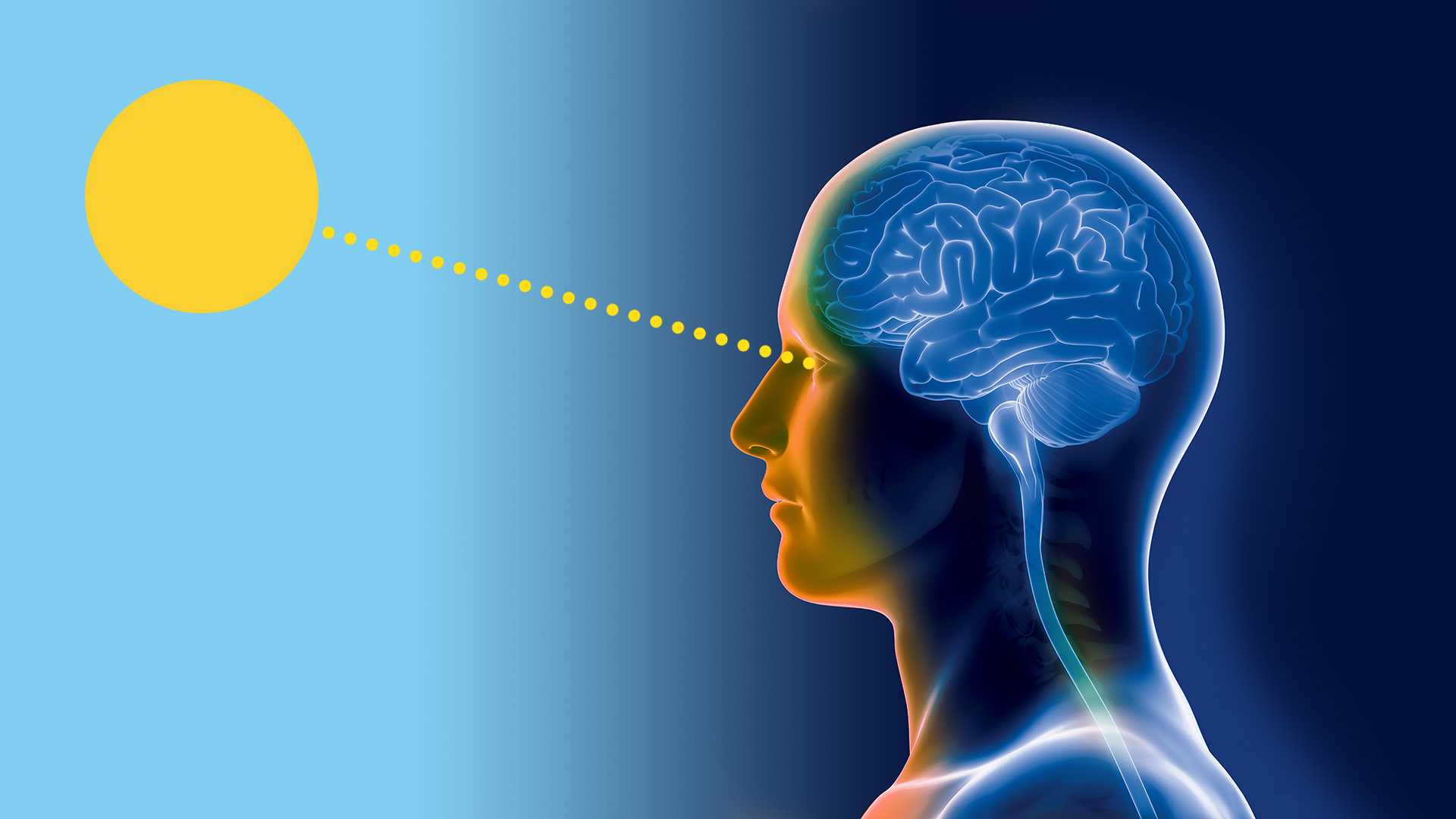Circadian Rhythms
A circadian rhythm is an endogenous, entrainable biological process that impacts control of body temperature, brain wave activity, sleep-wake cycle, hormone production, cell regeneration and other biological activities.

Circadian Rhythms Control Metabolism, Sleep and Other Bodily Functions
Circadian Rhythms Control Metabolism, Sleep and Other Bodily Functions

00:00 to 02:59 – Body Shuts Down
Hormone changes in the body say it is time to be asleep. The brain washes itself and consolidates memories, the gastrointestinal system is shut down

03:00 to 05:59 – Body Asleep
Period of lowest blood pressure, Levels of the sleep hormone, melatonin, are high but decline steadily as dawn approaches

06:00 to 08:59 – Heart Attack Peak
The body gets ready for daily activity, Blood vessels are more rigid and stiffer, your blood pressure is rising to its peak and the blood is thicker and stickier, Heart attacks more likely

09:00 to 11:59 – Brain Most Alert
The peak of alertness is provided by a boost in levels of the stress hormone cortisol, Short-term memory is at its best, it’s a good time to do some thinking and get work done

12:00 to 14:59 – Post Lunch Drowsiness
Digestion of food results in a drop of alertness, Best time for heart surgery; studies show that people who had operations in the afternoon were half as likely to suffer a major cardiac event in the next 500 days when compared to their morning counterparts

15:00 to 17:59 – Good Time To Exercise
In the late afternoon, the heart and lungs work better and the muscles are 6% stronger than at their lowest point in the day

18:00 to 20:59 – Watch What You Eat
Highest blood pressure, Highest body temperature, the body changes the way it handles food as it gets closer to night time

21:00 to 23:59 – Get Ready For Sleep
Melatonin production by the pineal gland in the brain is boosted meaning that now is a good time to go to sleep, A bad time to heal; nighttime burns take an average of 11 days longer to heal than those incurred during the day
What happens when circadian rhythms are disrupted?
Disruption to normal circadian rhythms can have many psychological and physiological impacts, both short and long-term.
Acute short-term impacts include; impulsivity and loss of empathy, memory impairment, loss of attention, mood instability, reduced cognition and an impact on creativity and the ability to process information.
Chronic long-term disorders include; depression, anxiety, sleep-wake disorders, cardiovascular disease, immune suppression, cancer, metabolic syndrome and Type 2 Diabetes. Circadian Therapeutics is developing novel medicines to restore normal circadian rhythms thereby treating the serious diseases associated with disruption of the body clock.
